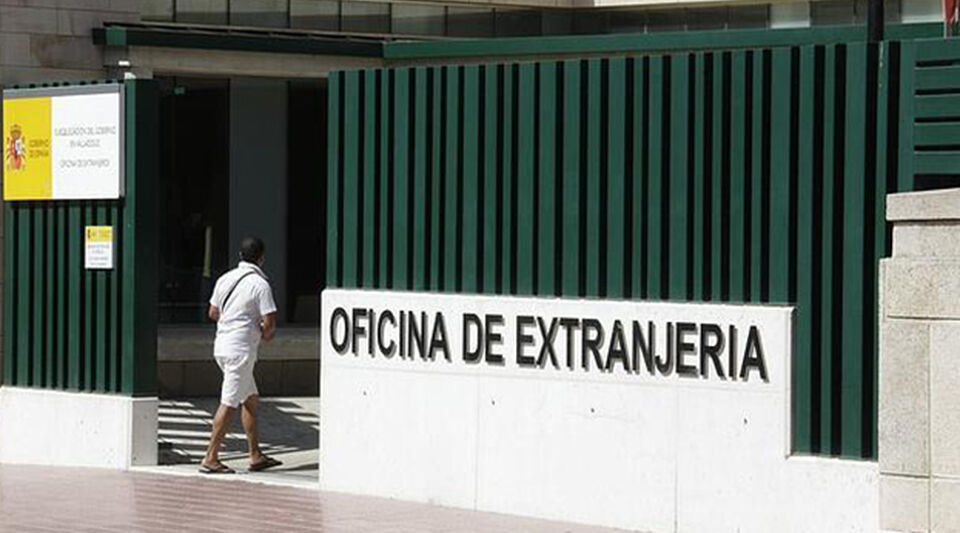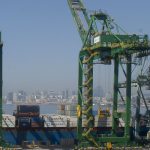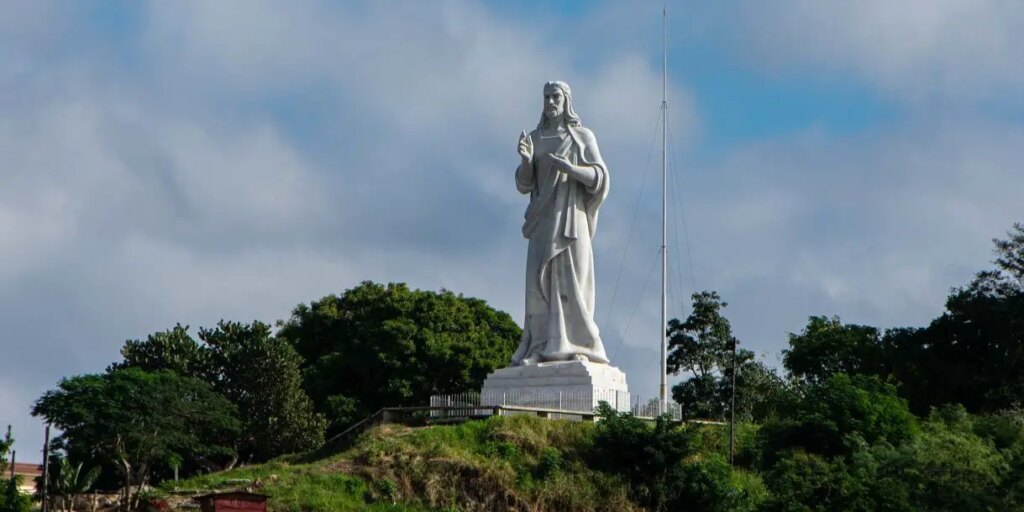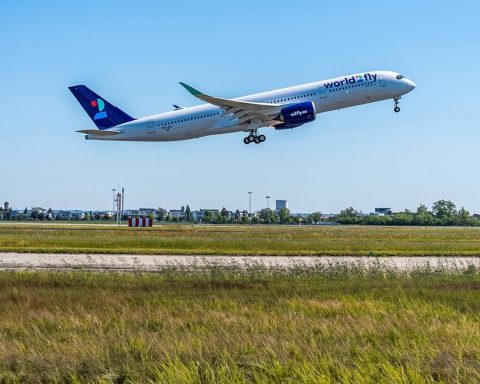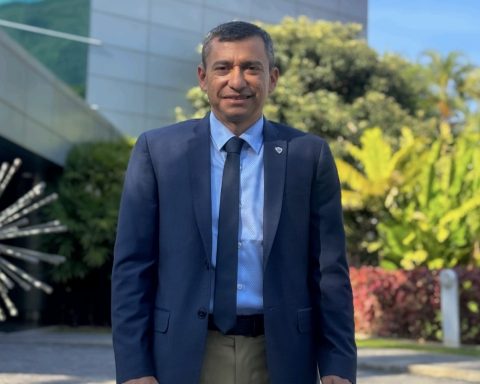Since her arrival in Spain three months ago, Irene, a 26-year-old journalist who participated in the 9/11 protests in Santa Clara, has been trying in vain to process her asylum request from Burgos, Spain. He website of the Spanish Government – the only way to be attended at the Immigration offices – has been overwhelmed by requests for weeks and notifies the user that they have no appointments available. Concerned, Irene telephoned the police in her city, said that she was Cuban, and explained her situation. Her response astonished her: “The system is overwhelmed because the Cubans themselves make an appointment and then sell their turn to other migrants.”
The official commented that the collapse of the system has been taking place for a long time, with the avalanche of Cubans and Venezuelans to the Peninsula. In addition, Russia’s invasion of Ukraine caused hundreds of thousands of citizens of that country to flee the conflict to countries of the European Union, including Spain.
When someone enters the electronic headquarters of the Spanish Public Administration, and requests access to the asylum procedure, an alarm goes off: “At this moment there are no appointments available. Shortly, the Office will make new appointments available to you.” “The new shifts never arrive, it doesn’t matter if one accesses at dawn or first thing in the morning, on Mondays or in the middle of the week,” laments Irene.
“Too bad for you,” the Immigration officer blurts out, in an angry tone, “because if the most affected are those who make a business out of this, it will be worse for them.”
For the journalist, it was a surprise to learn that the Cubans had managed to export the “traps” from the island to Europe. “Too bad for you,” the Immigration officer snaps, in an angry tone, “because if the most affected are those who make a business out of this, it will be worse for them.” According to the agent, the “resellers” managed to fill the shifts as soon as they leave, generally on Monday, and in a few minutes they cover all the requests.
“And it is not a local situation,” clarifies the official from Burgos. “The shifts are offered by the Government, in Madrid, and to obtain an appointment it is mandatory to do so digitally.”
As the months go by and the exodus from Cuba exacerbates, European governments find it increasingly difficult to regularize the situation of the wave of migrants arriving not only from Cuba, but also from Venezuela and other Latin American and African countries. Corruption, bribery and having a “sponsor” in Immigration are becoming frequent methods to start the asylum process.
“The bureaucracy is very similar to the one there,” says Iván, a 35-year-old barber who arrived in Spain after a long journey through different European countries from Russia, before the war broke out. “In Madrid the process is usually faster,” he says.
As the months go by and the exodus from Cuba exacerbates, European governments find it increasingly difficult to regularize the situation of the wave of migrants
“When I started the process, there was no way to get an appointment. I tried all the time, I always got the same sign. Until I got desperate and went to the Asylum and Refuge Office on Pradillo street,” says Enrique. “The officer who attended me told me to keep trying and, if I didn’t resolve, to take screenshots of the refusal of the website and return to Immigration after a month.”
The situation exhausted the patience of the young man, who ended up turning to a lawyer who said he had a “contact” who could help. “Legal or not, I resolved,” says Enrique, who has not yet been granted international protection but is happy to be “in the system,” waiting for the call for the next step in the process.
“I came to stay,” he explains to 14ymedio Juan José, an artist close to the San Isidro Movement and participant in the 9/11 demonstrations in Central Havana. “My visa was valid for a few days. I arrived in December 2022 and from the first day I started looking for appointments.”
Juan José, who began his process in Ávila, also in the community of Castilla y León, spent the whole of January without being able to receive it from the Immigration Office. “My life and my work allowed me to argue the reasons for the request for asylum, in that sense I thought I had no problems,” he explains. When he managed to get service, the police officer who interviewed him made him wait excessively and did not treat him well. “I don’t know if abuse is the word, but good treatment was not.”
“I almost gave up,” he says, until a Cuban friend recommended that he do the processing at a police station in Madrid, where they are used to working more quickly than in the provinces.
When he handed in his documents, they scheduled a second appointment – where he had to orally present the reasons for his request – for which he had to wait twelve months, without a work permit. “I almost gave up,” he says, until a Cuban friend recommended that he do the processing at a police station in Madrid, where they are used to working more quickly than in the provinces.
“The Immigration officers asked me what 11J, the San Isidro Movement and 27N were, which I mentioned in my interview. They knew very little about the real Cuba,” he comments. On June 1, Juan José, who already has the advice of the Spanish Commission for Refugee Aidyou will receive an update on your immigration status.
While they wait, the Spanish State must guarantee their access to free public health and their safe stay in Spanish territory, without risk of deportation.
________________________
Collaborate with our work:
The team of 14ymedio He is committed to doing serious journalism that reflects the reality of deep Cuba. Thank you for accompanying us on this long road. We invite you to continue supporting us, but this time becoming a member of our newspaper. Together we can continue transforming journalism in Cuba.
